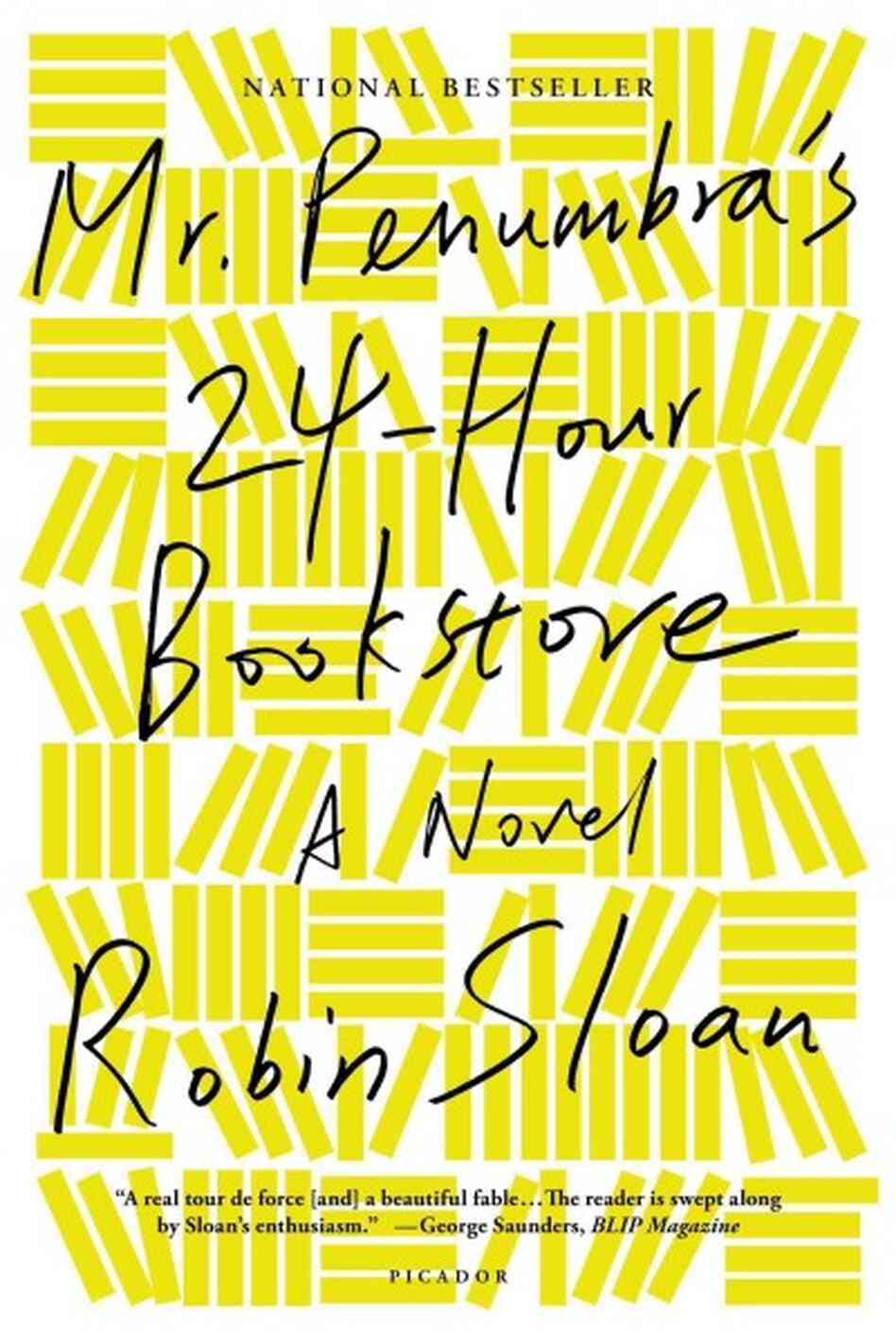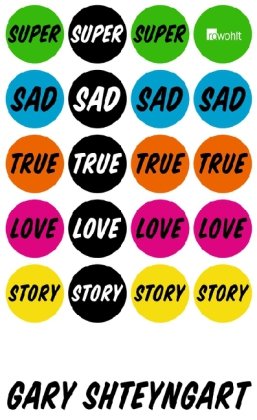Prologue
There is no brownie mix in my house. I know, because I just tore my pantry apart looking for one. In fact, the time I spent desperately searching for a brownie mix could have been spent making brownies from scratch. I searched every deep, dark crevice of the pantry. I found a mix for lemon bars,a Funfetti cake mix, two opened bags of chocolate chips, more elbow noodles than I will ever need, a dead moth, two Hot Wheels cars, and a lip gloss I'd been looking for. Eventually I gave up, and now here I am, curled up on the couch writing this post, not enjoying the aroma of fresh brownies baking in the oven.
I was so sure I had a brownie mix.
 |
| Rogue Cheerio |
 |
| My Other Dyson |
Yesterday, while I was vacuuming, I came across a rogue Cheerio. I went back and forth over it for a good minute before it eventually broke into pieces and was taken by my mighty Dyson. I could have picked up that Cheerio and put it in the garbage at least eight times in that same period of time, but that would have meant letting the Cheerio win. I don't let smug Cheerios win. Hearing that sorry excuse for a circle break apart and get sucked into oblivion might have been the most satisfying part of my day.
The point is that I'm stubborn. And so last year, when I told myself I was going to read at least four different books by C.S. Lewis, I was doomed before I even started. Because I don't like people telling me what to do. Even if it's myself.
I did not read any C.S. Lewis in 2013, and I don't really want to talk about it. I did read other books, though. 51 in total, though I have included two kids chapter books and several young adult novels in my list.
Stats:
Books by male authors: 17
Books by female authors: 34
Pages read: 18,071
The Books; Part I
This year, I'm going to focus on four books. I had no intention of reading four novels concerned with the aggressive integration of consumerism and public sharing in society, but it happened. These weren't even my favorite books, but they all fit together. In fact, when looking back at all the books I read, it was eerie how well these four fit together. If you read these books in a certain order, you can put together a bleak timeline of the future.

Part I of the year in books 2013 starts with with Mr Penumbra's 24-Hour Bookstore, by Robin Sloane. The novel has a more cheerful tone than the others; Robin Sloane is a self-professed techie, and so are the characters in his book. I thought the novel was a little bogged down with technological detail, but the prose flows nicely and is full of humor.
The protagonist, Clay, has taken a job at a bookstore that is open 24 hours. He soon discovers that books in a sealed-off section of the store hold a secret code, and he resolves to break it. Never mind that a cult-like group of individuals has been trying to break the code for over 500 years! He has a computer, and techno-savvy friends. A childhood friend who became a millionaire by designing life-like boobs for video games funds his quest, and a girlfriend who works for Google makes it her mission to crack the code, using her bountiful technological resources. (When she's not helping Clay, the girlfriend is on a mission to document "old knowledge" so that everyone can have access to all information ever collected in the whole entire history of the world. This is the exact plot of the next book I am going to talk about!) If you don't know what Google is capable of, you should probably not read this book. I'm currently looking into ways to live "off the grid." Unless "off the grid" is not near a Wegmans. If that is the case, then I'll embrace the grid.
Robin Sloan embraces new technology while paying homage to classic literature. Clay carries his "ironic" first-generation Kindle around with him, but also loves those old-fashioned bound books with actual paper. There's a lot of talk, in at least in three of these novels, about the smell of books. I pulled open my new copy of Mr Penumbra's 24-hour Bookstore and took a long whiff and smelled... not a whole lot. Maybe it was too new. I think I'll store it in the basement for a couple of years, and then it will smell more authentic. The book DOES have a glow-in-the-dark cover, however. It's good for you to know this before you put it on your night stand so you don't wake up screaming in the wee hours of the morning, carrying on about aliens coming to get you. Apparently, this kind of behavior can be "unnerving" to your significant other.

We segue into Dave Eggers' novel The Circle, which is the name of a futuristic social networking site. The Circle is Twitter and Google and Facebook and Instagram and everything else out there all rolled up into one huge powerful corporate entity. Mae is our vapid and naive young protagonist who, through a college friend, lands a plum position at the world's largest Internet company. The Circle's campus is probably modeled on Google's campus. It is shiny and modern and clean and a little bit creepy. The author hits us over the head with Orwellian themes: The Circle's motto is "SECRETS ARE LIES, SHARING IS CARING, PRIVACY IS THEFT." Employees at The Circle are encouraged to go "transparent." Transparency means sharing your entire life online through the TruYou technology of The Circle. Every time The Circle comes up with a new piece of technology that makes the world that much smaller, and therefore, that much more transparent, the community celebrates.
Holly: So this is how liberty dies. With thunderous applause.The Circle is my first Dave Eggers novel, and honestly, I thought a book by the author of a novel entitled "A Heartbreaking Work of Staggering Genius" would blow me away with its profundities and deft prose. I was not blown away; the writing is simple and the characters one-dimensional, but the plot carried me along.
John: Wow, that's a great quote. Who said that? Thomas Paine?
Holly: Queen Padme in the third Star Wars movie. Right as the emperor was taking over.
John: I've got nothing.

We journey into the more distant future. Everything goes to crap in Gary Shteyngart's Super Sad True Love Story. America is in a deep depression, losing a war with Venezuela, practically owned by China, and worst of all, Staten Island has become the hip place to be in New York City. Staten Island. Citizens of this cheerless America have become excessively shallow, materialistic, and obsessed with youth. They are also nearly illiterate. Books are no longer read, but scanned for pertinent information. (Lenny Abramov, our rather pathetic protagonist, is much maligned for having "smelly" books in his apartments.) Texting is the dominant form of communication: actual talking to one another is termed "verballing."
Lenny works for an Indefinite Life Extension company, selling extended life spans to the exceedingly wealthy. Lenny, on the other hand, is in his late thirties, balding, and is very much in love with Eunice, a Korean girl 15 years his junior. He has decided he wants to live forever, but cannot get his hands on the very technology he sells. (The love story is essentially a retelling of Graham Greene's The Quiet American.) The one thing he has going for him is his stellar credit score, which is easily shared with others via his apparat. An apparat is an advanced piece of technology worn around the neck that constantly streams information to other apparat's, so that at any given moment, a person can view any and all information ever recorded about you.
Super Sad True Love Story is pure satire, but although described as a "tragicomedy," I didn't smile throughout the entire thing. Not once.

We journey even farther into the future and come to the bleakest of the four books, the young adult novel Feed, by M.T. Anderson. Let's cut right to the chase: in this story, the Internet is IN YOUR HEAD! Which means that you can instant message and shop with your brain. Any time you want. And if you thought today's teenage lingo is hard to keep up with, it's much, much worse in the future. Also, teens party on the moon. Really.
In Feed, the world is dying. Corporations own everything, even public schools. Pollution has taken its toll: the sky is manufactured, and natural air is no longer safe to breathe. People are developing horrific lesions on their skin, but rather than concern themselves with the decaying of their bodies, the commercial powers-that-be turn the sores into fashion statements. The sores are a ham-fisted metaphor for a world that is decaying, not just physically, but socially. Here we have a world completely consumed by commercialism, propelled by technology, where everyone is online, all the time. But what happens if a hacker shuts down your feed?
There's also a love story, but based on everything I have learned in these tales, love does not thrive in the future.
Reading these novels has made me slightly apprehensive about my complicity in the death of culture, but quite frankly, I'm more concerned about that giant volcano under Yellowstone. These authors hold a very grim outlook of the future. It's almost like they're trying to warn us of something. They are very afraid someone is going to take away their books, or at the very least, won't let them smell their books any longer. However, these same authors would hate it if Apple came up with an app that makes you iPad smell like an old book.
I'm going to go now. I've just come up with a great idea for an app for Google.
Part II of "The Books" is coming shortly.
For further enjoyment:
Why Do We Like Dystopian Novels?
Ring of Power
That's a person named Eunice... In honor of Eunice from Super Sad True Love Story, here is a clip from the classic comedy "What's Up Doc," starring Barbara Streisand, Ryan O'Neal, and the incomparable Madeline Kahn.
3 comments:
I have to say, the main thing that I take away from this is that you could have made brownies with those chocolate chips!!! :D
Beth, you are so right.
I had to read Feed for a class once...so horribly bleak. It was a class in which we studied nothing but Young Adult dystopian novels, but that was the worst by far.
Post a Comment